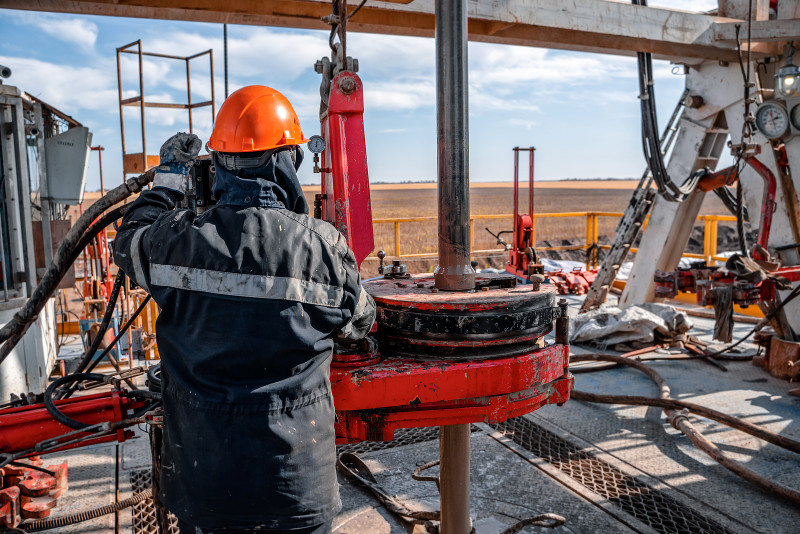By Grace Goodrich
The country seeks to engage local service providers to supply goods and services to gas megaprojects to drive in-country value generation and retention
Mozambique defied global investment flows by reporting a rise in deal activity in 2020. Now, the country seeks to engage local service providers to supply goods and services to gas megaprojects to drive in-country value generation and retention.
While overall transactions dropped by eight percent in sub-Saharan Africa in 2020, in Mozambique, the number of transactions rose, with 12 deals reported compared to only four deals in 2019, according to a Baker McKenzie analysis (http://bit.ly/3b8L2Cq). Despite ongoing market uncertainty due to COVID-19, for Mozambique, this comes as little surprise: in recent years, the country has emerged as a regional hub for energy investment and development on the continent, as foreign investors spearhead gas megaprojects and local service providers seek to access large-scale contracts.
Energy multinationals including Total, Mitsui, ONGC, PTTEP, Eni and ExxonMobil have already invested more than $20 billion in the country. Last August, 68 new U.S. companies signed engineering, procurement and construction contracts to supply equipment and services to the landmark Mozambique LNG gas-processing facility, with individual contracts reaching $1.8 billion. Moreover, Saipem and Subsea 7 inked a major contract for subsea work on the offshore Mamba Area 4 project, which is on track to feed gas from the field into the Rovuma liquefaction trains, with a final investment decision expected later this year.
In 2021, deal activity in Mozambique and on the continent is expected to increase, as the sector continues to recover from COVID-19 and foreign direct investment begins to flow. The influx of capital into Mozambique is also supported by the country’s relatively attractive contractual terms, characterized by a public bidding process, limited government involvement and preference granted to local entities. Looking ahead, the key to unlocking the full scope of Mozambique’s energy development lies within strengthening its engagement with local service providers, in turn driving down costs associated with the procurement of goods and services for international oil companies, while ensuring local value generation for Mozambican firms.
Concession Contracts
Hydrocarbon activity in Mozambique is governed by the Petroleum Act, which serves to promote competitiveness and transparency within the sector, while protecting national interests and driving state participation through Empresa Nacional de Hidrocarbonetos (ENH). Concession contracts are established for appraisal, exploration and production activities; construction and operation of pipelines; and construction and operation of infrastructure. Appraisal contracts are non-renewable and carry a maximum period of two-years, providing for drilling of up to 100 meters below the surface or seabed. Meanwhile, exploration and production contracts grant exclusive exploration rights for eight years.
Mozambique adheres to a system of public tender, with only certain exclusions made for direct negotiation. Bid applications are submitted to the National Petroleum Institution (NPI) and addressed to the Ministry of Mineral Resources and Energy, which is tasked with approving appraisal contracts. Meanwhile, the Mozambican Government is responsible for granting the award of exploration and production contracts. While any Mozambican or foreign entity with sufficient technical expertise and financial capacity is allowed to operate an asset, Mozambican entities are given preference when it comes to the allocation of exploration or production blocks.
Service Contracts
The principle of public tender also applies to the provision of goods and services in the petroleum sector, with public bidding specifically required for goods and services worth MZN 40 million (approximately $500,000), under the Petroleum Operations Regulation. The NPI directly oversees the award of service contracts, whose evaluation is contingent on price, service quality, delivery time and other key variables.
For Mozambican companies, service contracts represent a valuable opportunity to tap into gas megaprojects on a more manageable scale, and current regulations seek to account for this. For example, foreign entities providing goods or services to petroleum operations must do so in partnership with national entities. Additionally, priority is given to the contracting of local goods and service providers over foreign providers, unless the difference in price is more than 10%. While Mozambique continues to refine its definition of local content, local goods and services currently refer to those that are predominantly produced or executed in-country. In order to drive deal-making in a post-COVID-19 context, Mozambique will need to target the participation of local companies within the energy value chain, ensuring that small-scale service providers can access large-scale contracts and know how to do business with international oil companies and other foreign entities.
SOURCE
Africa Oil & Power Conference






